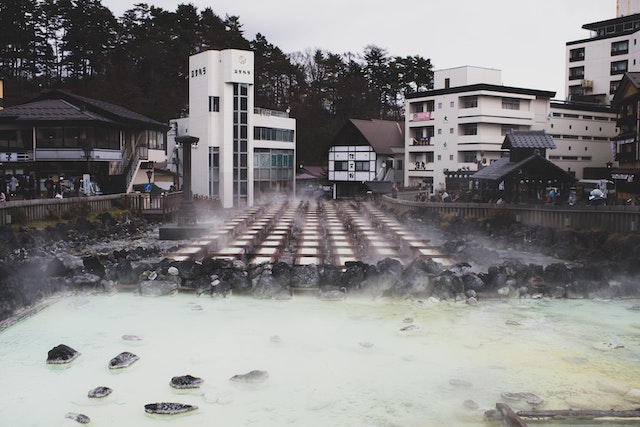The Tourism Industry vs The World
For English language learners, tourism is defined by the Merriam Webster Dictionary as “the activity of traveling to a place for pleasure,” as well as “the business of providing hotels, restaurants, entertainment, etc., for people who are traveling.” As for a working definition, there may not be a better description than this.
Pleasure never comes without a cost, however, and with tourism it’s much more than cash and credit.
Tourism and The Environment
Tourists find themselves in places where resources are few and demand more than a place can naturally give. The World Counts put it best on their website:
“Tourism puts enormous stress on local land use, and can lead to soil erosion, increased pollution, natural habitat loss, and more pressure on endangered species. These effects can gradually destroy the environmental resources on which tourism itself depends.”
Even if you take tourism out of the picture, the world’s population is growing at such an alarming rate right now that our need for those natural resources are increasing by shockingly large percentages. Now, adding tourism back into the picture, those resources are becoming even harder to come by.
Some advocate for circular economies, which seem to be a more realistic solution to our resource deficiencies. What a circular economy does is it uses available resources as long as possible, then takes what it can to renew those in all ways possible when the last bits have been used. Imagine making orange juice but taking the fruit and squeezing every available drop of juice out of it until your hands hurt. Then, taking the seeds and planting an orange tree with each one. That, in short, is the method of a circular economy. It allows for capitalistic business practices as well as tourism, while preserving our world more and more. It does, however require getting one’s hands dirty and focusing more on things like sustainability, which many businesses are sadly not interested in.
How Some Are Making a Difference
The story doesn’t stop there, fortunately. There are countries, businesses, and individuals doing their best to make a difference. Adelaide Airport in Australia built their country’s largest airport roof solar system a few years ago, for instance — a huge effort considering the airport’s size. Chitwan National Park in Nepal, an affordable vacation destination for western tourists, got a solar energy, providing new life to wildlife and villagers in the area. And Yakushiyu, a hot springs and day spa in Japan, has a total 40 kW of binary geothermal power plants installed, as it’s also an emergency refuge spot for natural disasters in Hyogo.
Despite these awesome efforts to take advantage of reusable energy and adopt the ethics of a circular economy, the few trying can’t do enough to cover for the rest of the world. The tourism industry likely won’t change their supply until there isn’t demand for it, leaving the ball in the court of the tourists — the consumers of this market — themselves.
How Tourists Can Treat Vacations Differently and Use More Renewable Resources
Knowledge is power, so they say — no pun intended. Being aware of the environmental risks taken in modern day tourism and the harm it often does is the start of doing the right thing. Knowing about and developing a respectful relationship with the lands you’re visiting helps as well.
For instance, if you’re going diving in a foreign country, know about the waters and the marine life that live there. If you’re going hiking or camping in the place you’re visiting, know the kinds of trees and wildlife that are around you, and do your best to not to leave a trace. Above all, practice eco-friendly tourism.
Eco-friendly tourism, often shortened to ecotourism, is a term for environmentally conscious vacationing. It’s typically defined by experts as centered around and protective of nature. Now, nobody is the perfect ecotourist. The point of this section is not to discourage you from going on vacation or exploring the world, but to offer a friendly alternative and to encourage you to vacation in the most environmentally friendly way possible. It all starts with being mindful.
How do you think we can encourage tourism agencies to be more circular economy-minded? How do you think we can encourage tourists to be more eco-friendly? Let us know in the comments below!
About the author: Indiana Lee lives in the Northwest and has a passion for the environment and wellness. She draws her inspiration from nature and makes sure to explore the outdoors on a regular basis. Indiana loves experiencing new things and sharing with others what she learns through her writing. You can chat with Indiana on twitter @IndianaLee3″



